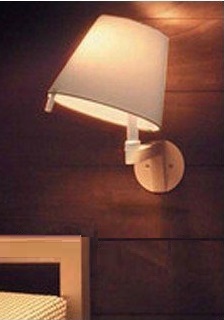Dark detention deemed legal
 A court ruling has deemed hotel detention of refugees to be legal.
A court ruling has deemed hotel detention of refugees to be legal.
In a recent court ruling, the Federal Court of Australia declared the detention of a Kurdish-Iranian refugee, Mostafa “Mos” Azimitabar, in hotel rooms for over a year legal, despite acknowledging the lack of humanity in his treatment.
Azimitabar, who had been suffering from PTSD and severe depression, was brought to Australia for medical treatment after spending more than six years in detention on Manus Island.
Having been granted refugee status while on Manus Island, Azimitabar was released from hotel detention in January 2021 after enduring 14 months of confinement.
He subsequently took legal action, arguing that the government had no authority to utilise hotels for detention.
However, Federal Court Justice Bernard Murphy ruled that the immigration minister had the legal right to use hotels as Alternative Places of Detention (APODs).
While Justice Murphy's ruling underscored the legality of hotel detention, he expressed dismay at the conditions Azimitabar endured.
The judge said his decision was based on the lawfulness of hotel rooms as detention centres, rather than the ethical or humane aspects of the case. He noted the lack of care and humanity in confining a person with serious psychiatric and psychological issues in hotel rooms without proper access to fresh air or sunlight.
The court's decision drew attention from numerous supporters, including former Australian of the Year Grace Tame and former political staffer and Amnesty International campaigner Sally Rugg.
Azimitabar expressed disappointment with the ruling but considered the judge's sympathetic comments as proof that the law needed to be changed.
Refugee advocates have urged the government to pass legislation criminalising the use of APODs, following Azimitabar's case and others like it.
Amnesty International national director Samantha Klintworth highlighted the physical and psychological damage suffered by individuals in Australia's immigration system and called for the prohibition of long-term detention in APODs.
Immigration Minister Andrew Giles stated that he would carefully consider the court's decision, noting that Justice Murphy's comments primarily criticised how the practice was implemented in the past, rather than the practice itself.
While the court ruling affirms the legal use of hotels as detention facilities, it does not endorse hotel detention as sound public policy.
A recent report by the Australian Human Rights Commission highlighted the unsuitability of hotels for long-term detention, recommending their use only in exceptional circumstances and for the shortest possible duration.
Prolonged detention in hotel APODs has severe physical and mental health consequences, exacerbating boredom, frustration, and loss of hope.
Comments by Australia's Human Rights Commissioner Lorraine Finlay are accessible here.







 Print
Print